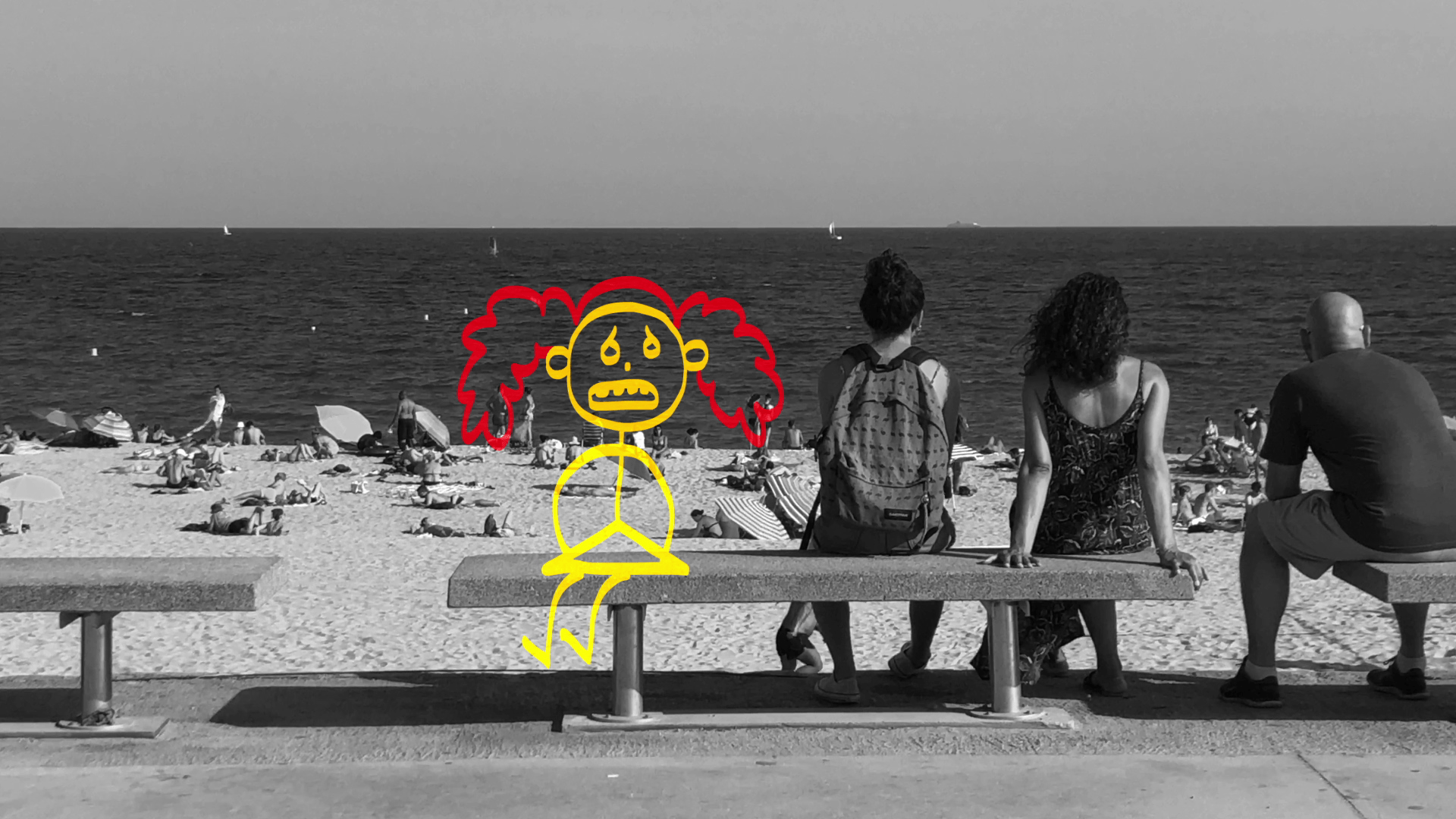Reactions to the news about the warrant issued by the ICC for the arrest of Putin and Lvova-Belova are pouring in every day and even every hour. The last one is Volodin’s proposal to ban the ICC not only in Russia, but also in “friendly countries”, and the ban will be understood as the persecution of the inhabitants of these countries “for cooperation”. Not complying with the requirement of the international court is understandable, no one, of course, in The Hague expected that Russia would extradite those accused of war crimes. But to criminalize “assistance and support” to international justice – this would be a really new step in the development of repressions against supporters of the law.

The accusation itself caused a lot of discussions – it seemed strange to someone that the charges were based on crimes against children, the forced transfer, also called deportation, of minors from Ukraine to Russia, their transfer without the consent of their legal representatives to the territory of the aggressor country. Many explain this accusation by the fact that the most obvious here is the direct participation of both Putin and Lvova-Belova in the sane corpus delicti – they did not hide, but, on the contrary, boasted on state television of their cooperation in this matter. I think the point is not that crimes against children are easier to prove than other war crimes (shelling of civilian infrastructure, executions of civilians, torture of prisoners of war).
The area of children’s rights, in my opinion, is generally one of the most difficult for the courts, the eternal dilemma – how to “save and not harm” greatly complicates the consideration of any such case. Every case of removing a child from a family (even without a war, total violence and chaos) rests on this eternal question – will the child be saved (if the family is suspected of mistreatment, of leaving the child in danger, say) or suffer from institutionalization and separation from relatives, which could have been avoided by supporting and controlling the family. Of course, in the case of the removal of children from the occupied parts of Ukraine, suffering from shelling, and often even urban battles, the Russian authorities explain that they desire to save and evacuate these children.
The dilemma comes down to two different names for the same action against children – some consider it deportation, that is, a crime, while others say that it was an evacuation. In each case, it is necessary to prove deportation based on the fact that there is no consent from the legal representatives of the children (parents or guardians responsible for orphans). This is not at all easy – it is known that millions of Ukrainians left the places of hostilities, leaving through the Russian borders. Many of them actually could not leave otherwise, other ways were cut off, and they were driven there just sometimes (as many Mariupol residents testify), they were literally kicked out of the basements at gunpoint, and led towards Russian checkpoints. In the case when the family crossed the Russian border safely, then almost everyone had the opportunity to leave the Russian Federation, which seriously distinguishes this situation from deportations, for example, of repressed peoples in Soviet times, when it was impossible to leave the places of exile.
But not all families successfully crossed checkpoints, in those (few documented) cases where children were separated from a legal representative detained by Russian (or pro-Russian in Donbas, it doesn’t matter) military, they were held in Russia without the consent of their parents and (or) guardians. Some children, whose fates are little known and undocumented, are apparently still being held. A separate and complex issue is proving the illegality of the removal and retention in Russia of children from orphanages and “Baby” homes in the Kherson region, Kharkiv region and other territories of Ukraine seized by Russia during the war. Their legal representatives – the authorities of Ukraine – definitely did not give permission to take the children to the territories controlled by the Russian Federation. To prove all this is not at all so simple, but it is necessary. The fact that the ICC and the European structures that support it decided to start with accusations of crimes against children, in my opinion, is good and important.
Russia is obliged to provide full information about all children who ended up on the territory of the Russian Federation and in the occupied regions of Ukraine (including Crimea), it is necessary to create an opportunity for children to return home as soon as possible, and if this is not possible – to move safe places under the control of the government Ukraine. It is very important to collect testimonies and impressions of children of what is happening, to show the real problems of children affected by the war.
ADC Memorial collects the stories of children who were forced to move by the war – some of them have already been included in published materials (such as the animated documentary «Ми поїхали» (“We have gone”)), others will be published in a special report on the #CrossBorderChildhoodUA campaign page.
Stefania KULAEVA – expert of the Anti-Discrimination Center Memorial
First published on Radio Liberty‘s blog









 Feedback
Feedback